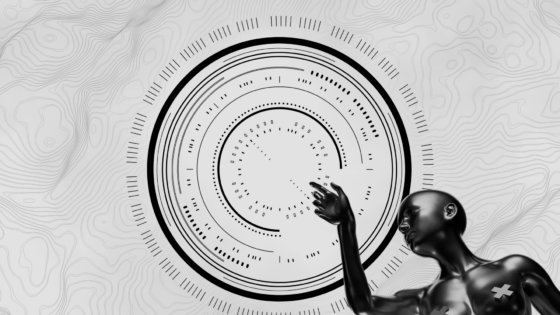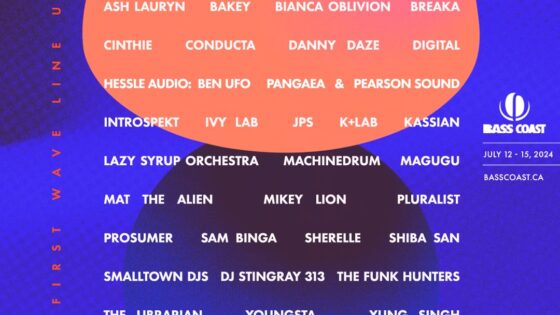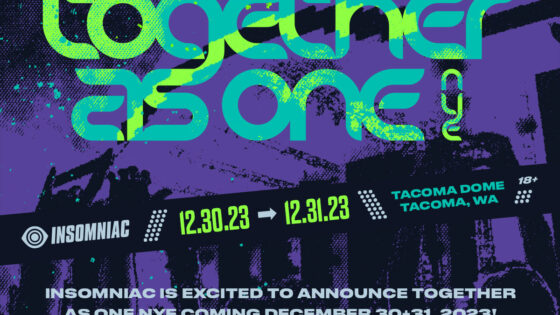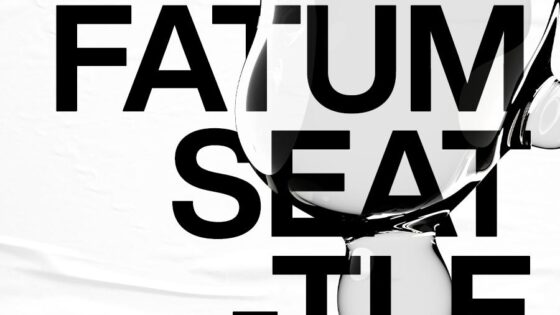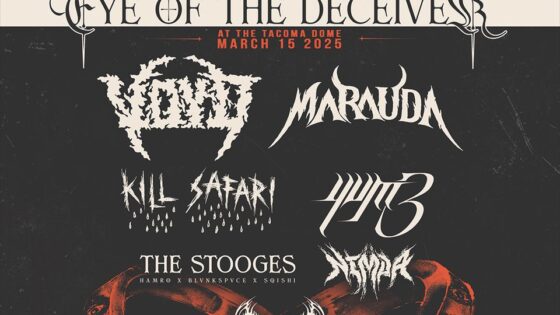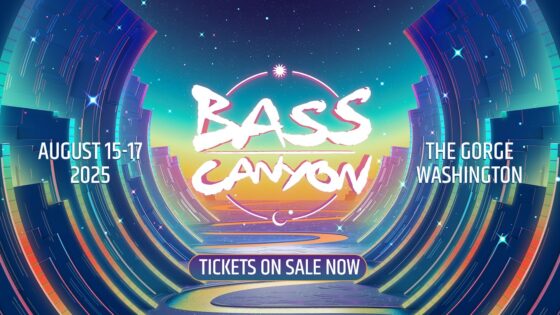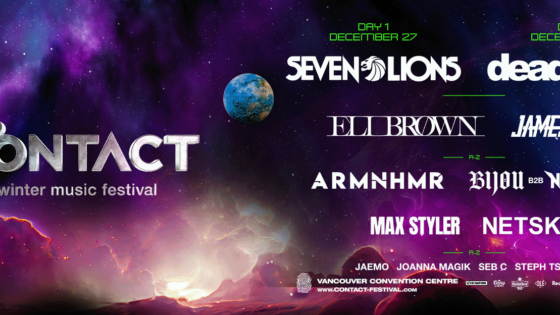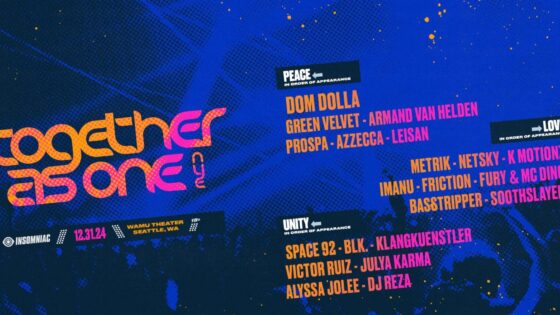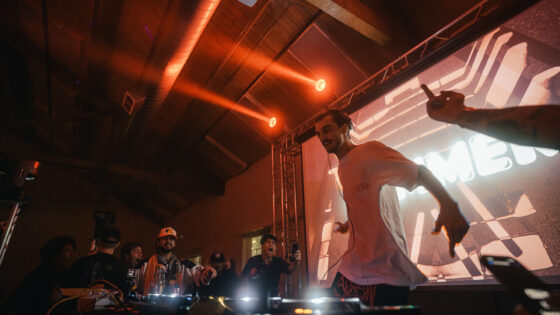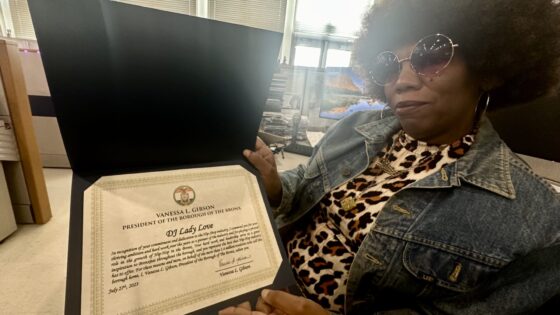Several notable musicians have been saying it from the beginning of time: Music is the universal language. Researchers from Harvard University set out to discover if science could back up the longtime saying. Their first round of surveys shows that just might be the case.
Have you ever listened to a song and for some reason you confidently knew what category it fit into? What about the song factored in your decision? Would another individual feel the same way, even if they spoke another language?
With these questions in mind, the researchers took small clips of songs from 86 remote societies and surveyed people from 60 countries online. The clips themselves were taken from the Harvard Music Lab’s Natural History of Song discography.
Samuel Mehr, a cognitive scientist in Harvard’s Psychology Department, shared that dance and lullaby music had the highest score in terms of accuracy. Additionally, Mehr said the listeners were “really confident” about their ratings and that some types of music (dance and lullabies in particular) may have a biological link. Not surprising, given the fact that dance music and lullabies all around the world share many of the same qualities.
Manvir Singh, another researcher on the survey and a doctoral candidate in Human Evolutionary Biology at Harvard, said that music evolved so that humans could form “a more socially cohesive group” and perhaps “signal to other people that we are a very formidable group.”
Also, while music may be the universal language, love songs proved more difficult for listeners to identify. Then again, love has too broad a definition. For that reason, love cannot be considered a universal feeling at this point in time.
Considering the small scale of the scientific study, Mehr and Singh have made plans to expand it to include 28 languages. In addition, they are planning to take a completely different route in terms of surveying people. The current study surveyed people with internet access and this one will not. In other words, the researchers will meet people in-person to conduct the survey, giving it a much more personalized approach.
Singh explained their focus best: “We want to play it for people who do not necessarily have access to this kind of globalized contemporary music culture, who will give us a better insight into whether these conceptions are shared by people who have little access to it.”
We’re looking forward to reading the results of the next survey. In particular, we’re wondering if love songs will be defined by more than simply the lyrics in them.
What do you think of the results of the current survey? What do you think the researchers will uncover in the next survey Share your thoughts in the comments below. Hope to see you on the dance floor!
Important things happen in Pacific Northwest nightlife, and DMNW will send you alerts!





